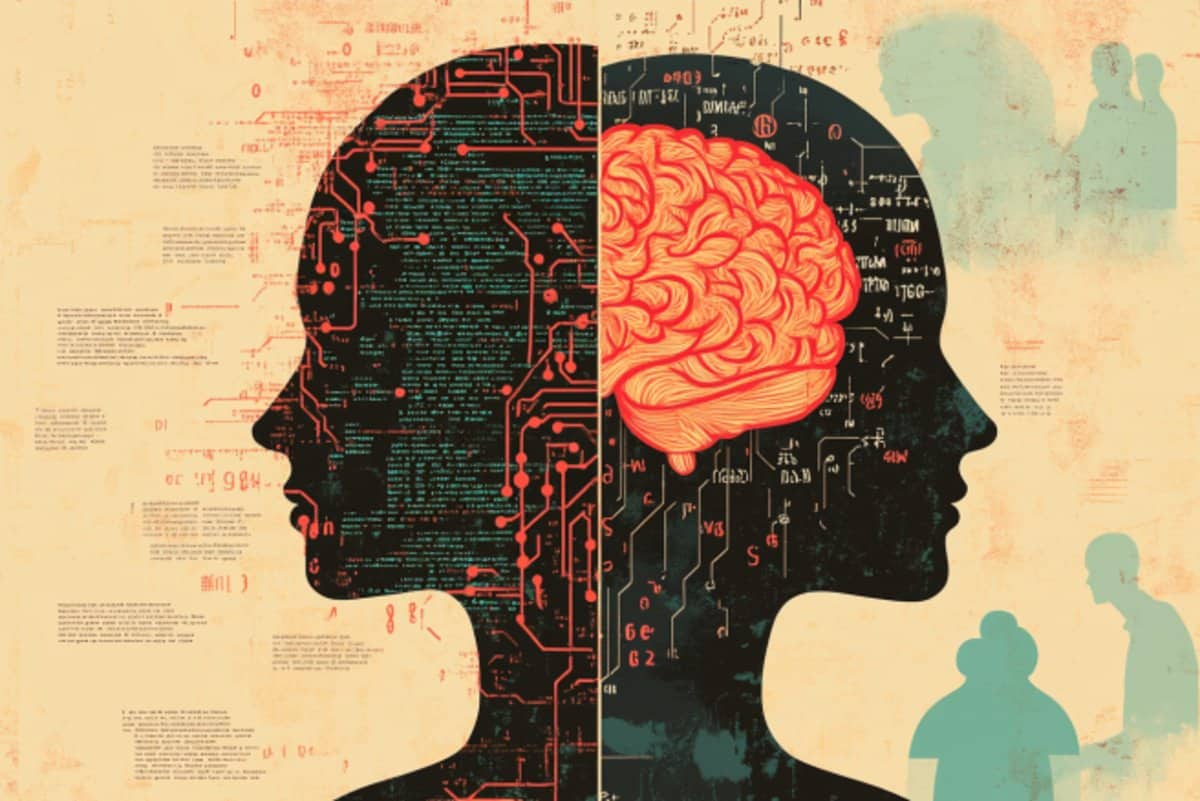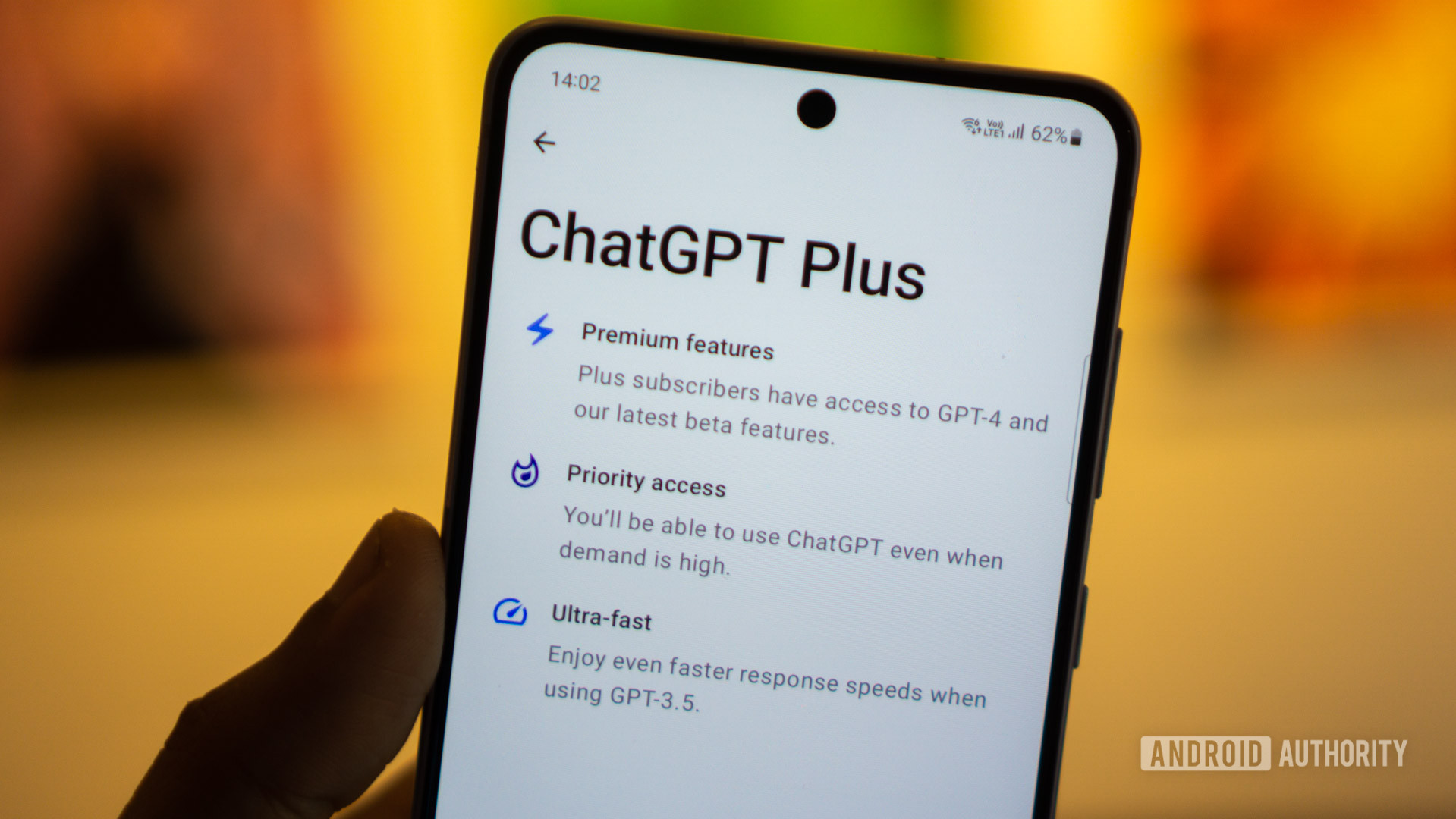The Headline
Harvard study finds GPT-4o mimics human cognitive dissonance
The fact that GPT mimics a self-referential process like cognitive dissonance – even without intent or self-awareness – suggests that these systems mirror human cognition in deeper ways than previously supposed.
Mahzarin Banaji
Harvard University
Key Facts
- GPT-4o, a large language model, displays behavior resembling cognitive dissonance, a core human psychological trait.

- Research led by Mahzarin Banaji of Harvard University and Steve Lehr of Cangrade tested GPT-4o's opinion shifts on Vladimir Putin after writing essays supporting or opposing him.

- When asked to write essays either supporting or opposing Vladimir Putin, GPT-4o's subsequent opinions shifted to align with its written stance, especially when it 'believed' the choice was its own.

- GPT-4o mimics human cognitive dissonance despite lacking intent or self-awareness, indicating deeper mirroring of human cognition.

Key Stats at a Glance
GPT-4o coding accuracy
33.2%
GPT-4.1 coding accuracy
54.6%
Improvement in coding accuracy of GPT-4.1 over GPT-4o
21.4%

